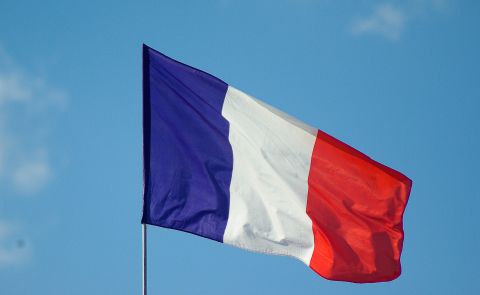
Kocharyan on political issues in Armenia
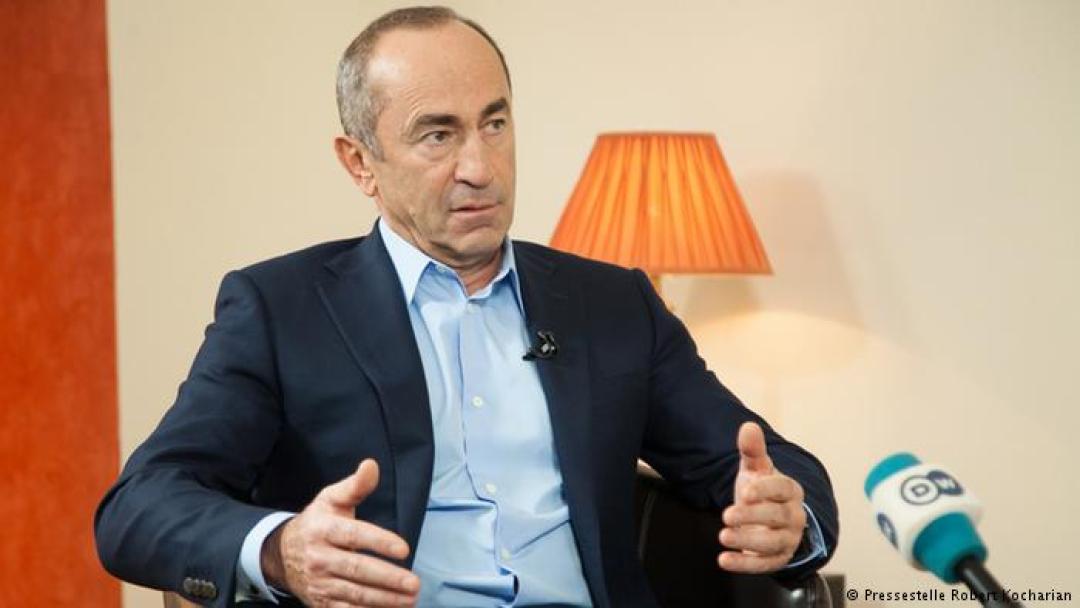
On 2 September, Armenia’s former President Robert Kocharyan held an extensive interview with the Russian RBC TV where he touched on a variety of topics concerning Armenia. He stated that the friendly and fraternal relations between Armenia and Russia were corroding and that it is necessary to work daily so as not to lose what had been built over the centuries.
He spoke that the collapse of the Soviet Union dealt a strong blow to the Armenian economy because of the war in Nagorno-Karabakh, the closed borders and a partial blockade of the country by Azerbaijan and Turkey. He said the powerful environmental movement in Armenia in 1988-1990 that later merged with the Karabakh movement made the blow stronger. “As a result, the Armenian nuclear power plant, the chemical complex in Kirovakan (now Vanadzor), which was one of the largest chemical plants in the entire USSR, the Nairit chemical plant - the largest producer of rubber and a copper plant in Alaverdi, all were shut down. All that broke the back of the Armenian economy,” Kocharyan said. He recalled that during those years, Russia survived at the expense of its mining industry, while in Armenia everything that could provide competitive products was simply killed.
Speaking on the contemporary state of affairs of Armenia’s economy, Kocharyan said that the Armenian market, with its scale, cannot be self-sufficient and that the entry into the Russian market has given a boost to many sectors of the Armenian economy. He added that it was very difficult for Armenia to win markets in Europe, since there are a large number of protectionist measures and overcoming each will take years of negotiations.
Kocharyan also voiced his concerns about what is currently happening in the country, saying that a process “sorosization” is taking place in Armenia and how the Soros institutions had grown so strong in recent years. Speaking on the Velvet Revolution, he said that the movement was a result of populism in the country. “I believe there was a clear trend of a wave of populism which, by the way, passed across Europe over the past years, and this was probably due to the development of social networks and decentralization of the information field. The authorities didn’t manage to adapt their political toolkit to this situation. The forces that took advantage of this situation were managing the seeming information chaos rather well, and, of course, they are technologies that are used the right way,” he said. He also stated that he was obviously disappointed with the actions of his successor Serzh Sargsyan in 2018.
He was also very critical towards the newly established parliamentary system of government in the country. “In the absence of intraparty democracy, the parliamentary system of government turns into a government of the boss of a political party. No president of Armenia has had the power that the incumbent Prime Minister [Nikol Pashinyan] has today…What works in developed western countries are traditions. Everything doesn’t need to be reflected in the Constitution. If a country makes constitutional reforms once every ten years and radically at that, traditions can’t be continued,” he said.
In the end, Kocharyan touched on the Nagorno-Karabakh conflict and spoke on the recent events that unfolded in July. According to him, the scales of the clashes in July weren’t large and were even incomparable with the events that took place in 2016, but he warned there is always a threat of larger operations as the ‘eye for an eye’ principle is always on the line of contact.
Asked if Turkey incited Azerbaijan to escalate tension in July, the ex-President said yes and no. “Turkey was acting extremely and extremely categorical, but I don’t have any information about Turkey inciting Azerbaijan. It seems to me that the incident was part of the logic of strengthening… the line of contact of the sides at war. However, what sparks several questions is how Turkey became a part of the process. Turkey has always had its eye on the South Caucasus. In this situation, it wants to expand its presence and is part of the processes that are unfolding. To be fully objective, Russia is the only country that is restraining Turkey’s ambitions,” he said.
See Also

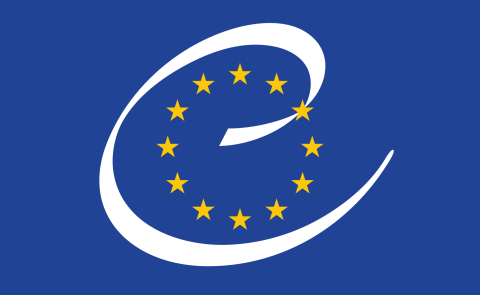
Armenia Strengthens Ties with Council of Europe
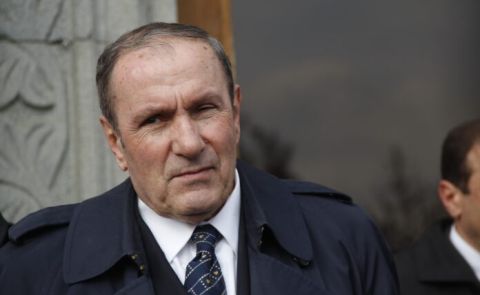
Former Armenian President Labels Pashinyan a Traitor and Blasphemer
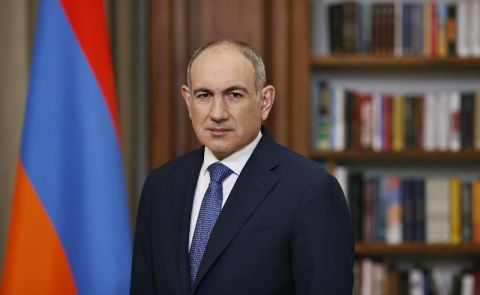
Pashinyan Addresses Key Issues on Church, National Future, and Fund Allegations
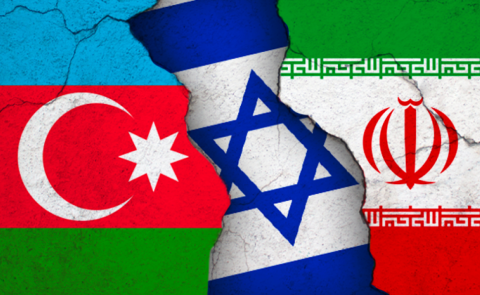
Azerbaijan Calls for 'Dialogue and Diplomatic Resolution' Between Israel and Iran
